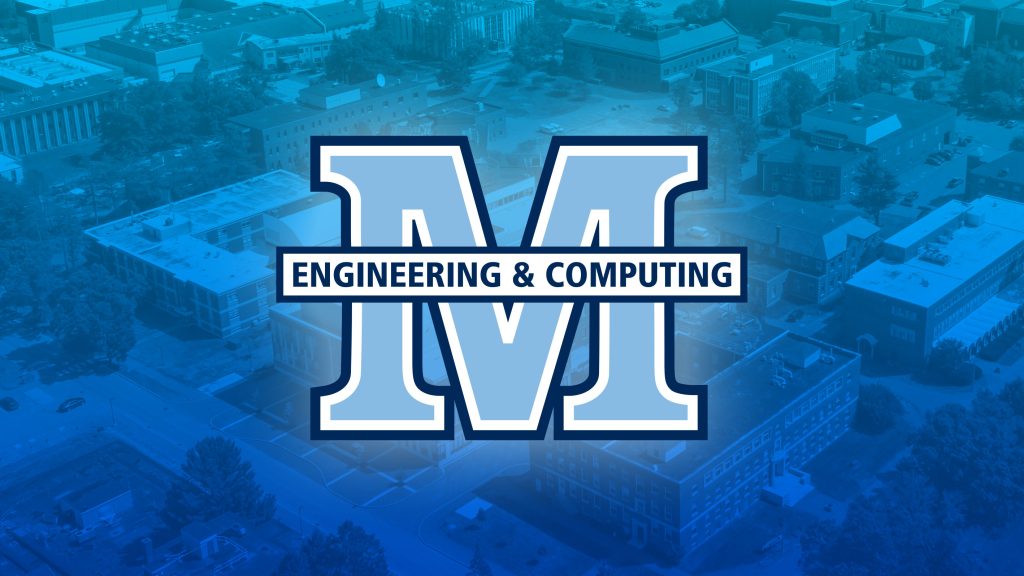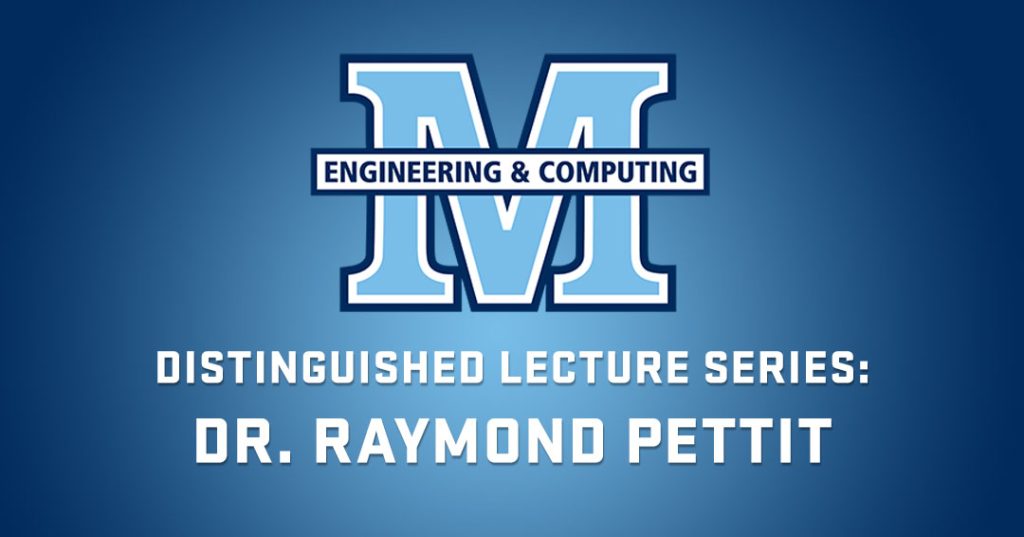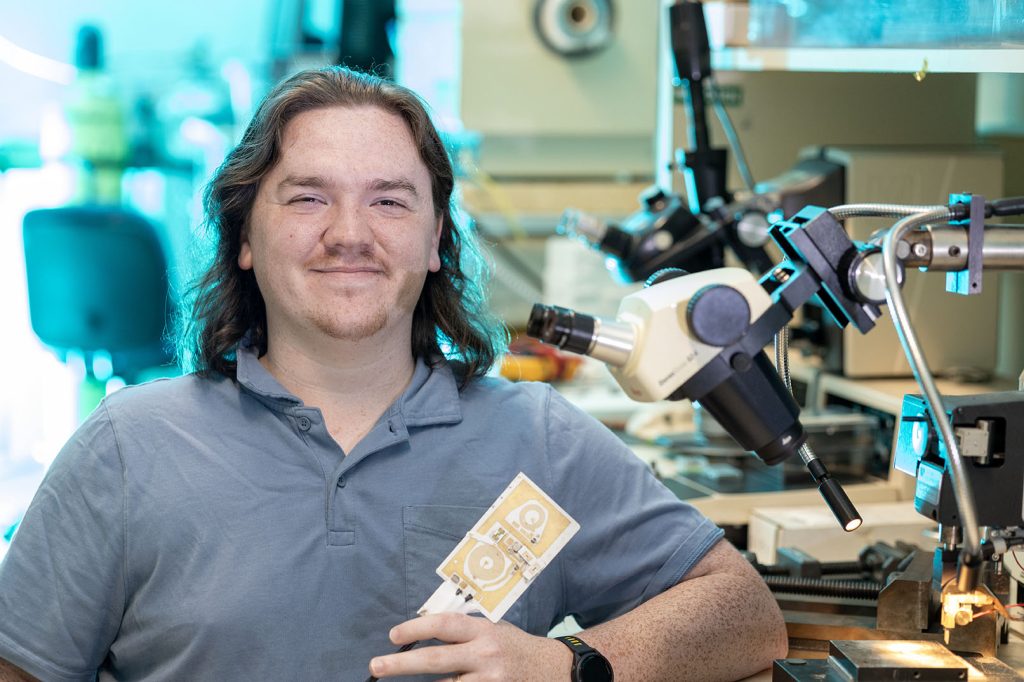Blending creativity, technology, and human insights to design innovative solutions for real-world problems. Students explore emerging technologies such as AI, AR, and VR while gaining hands-on experience in user-centered design, creating tech products that enhance user experiences and address societal needs.
Human-Centered Technology Design
The B.S. in Human-Centered Technology Design (HCTD) is a multidisciplinary program that focuses on the design of creative technologies to improve human experiences. HCTD blends elements from new media, computer science, spatial computing, psychology, communication, and innovation engineering to empower students to investigate artistic and innovative problem-solving approaches using emerging technologies, such as AI, AR, VR, IoT, and autonomous vehicles.
The Human Centered Technology Design degree combines a range of disciplines and theories, including Design Thinking, User Experience, Service Design, Creative Intelligence, Systems Thinking, and Hands-On Learning. It integrates elements from Innovative Engineering, Computer Science, Psychology, Communication, and New Media. Through project-based learning, students engage in a development cycle where students empathize, define, ideate, prototype, and test, preparing them to create innovative and user-centric solutions (Illustrated in figure 1).
Our Undergraduate Program
Our Undergraduate Program, in the beginning, focuses on laying a strong foundation on Human-Centered design principles, Core Computing concepts, principles in psychology and communication.
Students in the HCTD program will develop skills in:
- Teamwork and collaboration
- Identifying problems and design opportunities
- Applying design processes emphasizing creativity, inclusive design, and business needs
- Rapid prototyping and additive manufacturing techniques
- Conceptualizing, communicating, and critiquing design ideas effectively by building scenarios and storytelling through well-crafted oral, written, and visual
- Necessary toolkits and methods for design and development, including programming, physical computing, design thinking, human psychology, and experiment designs
UMaine’s advantages
In the HCTD Program at UMaine students will:
- Explore emerging technologies and trends and understand how they may shape the future of Interactive Systems Design and Development.
- Understand the interaction design process (goals, problems, and structure), user interface paradigms, and applications
- Engage in experimentation, leading to further independent research in interactive systems design.
- Emphasizes hands-on learning with a variety of application design and prototyping
- Emphasizes a student-centric creative learning environment and experience by creating a balanced design and technology
Why Study HCTD at UMaine?
The study of human factors and human- centered design is becoming an increasingly critical field of education as consumer demand for new technologies and gadgets continues to grow.
After the completion of the HCTD degree at the University of Maine, students can look forward to careers in industry, government, and education. Following are several job opportunities for HCTD graduates: User Experience (UX) Designer, Usability Engineer, User Interface (UI) Developer, Game Designer, UX/UI Researcher, Design Researcher, Application Developer, Information Architect, Instructional Designer, Mobile Application Developer, Product Designer, Systems Analyst, and Web Application Developer.
Minors
MCEC NEWS
SCIS Contact Information
School of Computing & Information Science
Karen Kidder
Administrative Support Supervisor – School of Computing & Information Science
Velma Figgins
Administrative Specialist, New Media – School of Computing & Information Science
5711 Boardman Hall
Room 348
Orono, ME 04469
Tel: 207.581.2188






